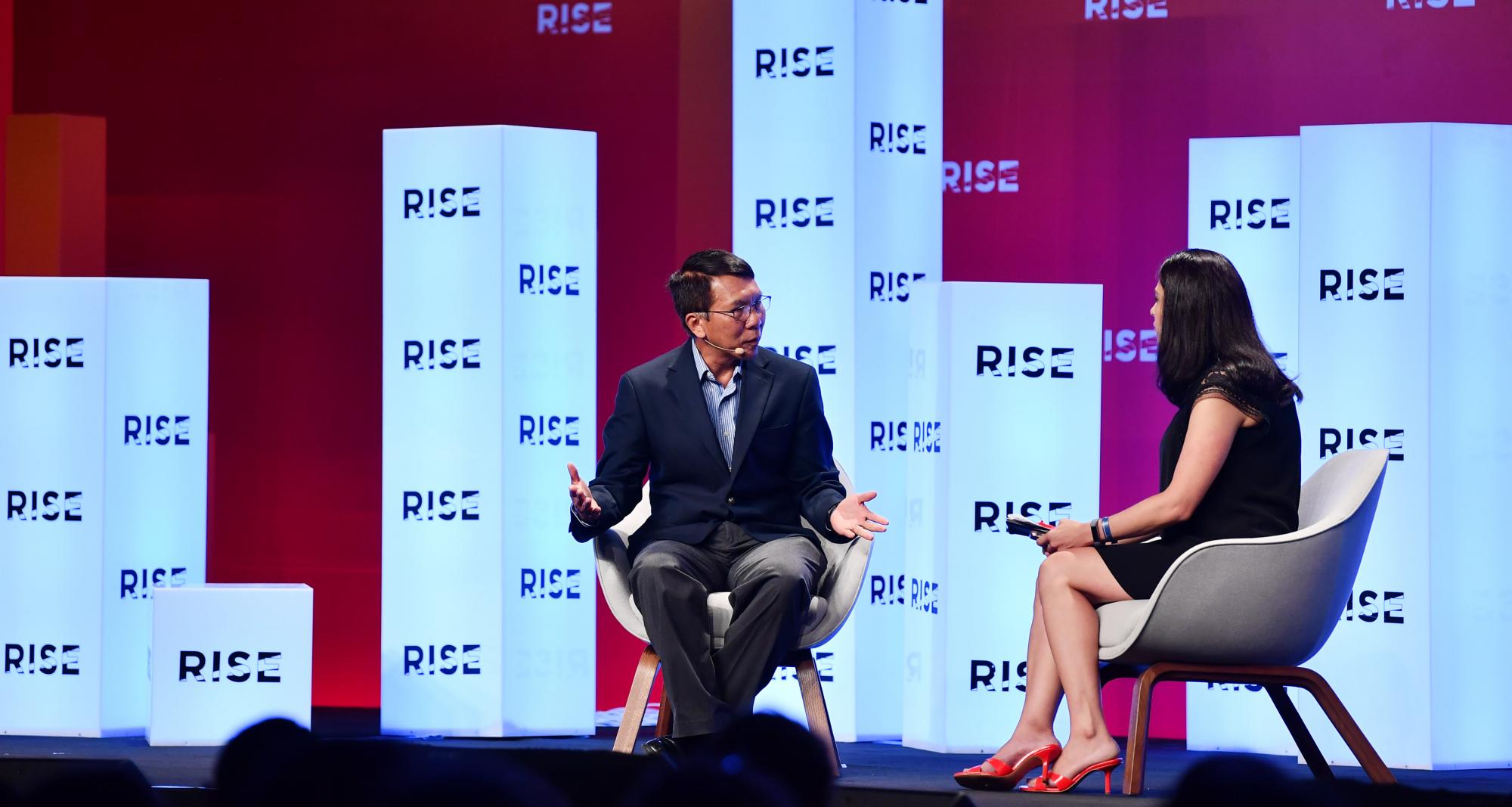Just two years ago, investors were heavily pouring money into China’s dockless bike-sharing startups. Now that boom has busted with derelict bikes littering the streets of cities. Meanwhile, a new race has started for two-wheelers with motors — and one of the main players is a survivor from the bike-sharing craze. Blessed with fundings from… Continue reading Hellobike, survivor of China’s bike-sharing craze, goes electric
Tag: Didi
Bosch extends the service life of electric-vehicle batteries
Stuttgart, Germany – Stress makes cells age faster. Something that geneticists have long since demonstrated for the human body is also true for electric-vehicle battery cells. The older the batteries get, the lower their performance and capacity, and the shorter the range of the vehicle. To help batteries last longer, Bosch is developing new cloud… Continue reading Bosch extends the service life of electric-vehicle batteries
Uber CTO says competing with Didi is ‘very healthy’ despite their complicated relationship
Competing with a company that counts you as an investor is hardly conventional — some might call it strange — but for Uber it’s a situation that is not only normal but essential. That’s according to the ride-hailing giant’s CTO, Thuan Pham, who talked about the complicated rivalry Uber has with China’s Didi Chuxing, which… Continue reading Uber CTO says competing with Didi is ‘very healthy’ despite their complicated relationship
Uber rival Bolt has closed another tranche of funding at a $1B+ valuation
Uber and Lyft going public may have put closer public scrutiny on the economics of ridesharing, but it hasn’t had a chilling effect on the level of competition in the space. In the latest development, TechCrunch has learned and confirmed that Bolt, the Estonian ride-sharing, scooter and food delivery company that operates across Europe —… Continue reading Uber rival Bolt has closed another tranche of funding at a $1B+ valuation
Exclusive: U.S. clears SoftBank’s $2.25 billion investment in GM-backed Cruise
(Reuters) – Cruise, a U.S. self-driving vehicle company majority-owned by General Motors Co, told Reuters on Friday that a U.S. national security panel approved a $2.25 billion investment in the firm by Japan’s SoftBank Corp. FILE PHOTO: People walk near the logo of SoftBank Corp in Tokyo, Dec. 18, 2014. REUTERS/Toru Hanai/File Photo SoftBank has… Continue reading Exclusive: U.S. clears SoftBank’s $2.25 billion investment in GM-backed Cruise
CHINA VOICES | Ofo’s final fight
Jul 5, 2019 4 min read An ofo bike lies on the street in Shanghai on April 4, 2019. (Image credit: TechNode/Shi Jiayi) A version of this first article appeared in our members-only newsletter on June 22, 2019. Become a member and read it first. Ofo flew too close to the sun. Their dockless bikeshare model… Continue reading CHINA VOICES | Ofo’s final fight
Ola gets a taxi license in London and plans to launch services in September
London is one of the world’s biggest markets for consumers that travel using ride-hailing services. Is it now also becoming one of the most crowded when it comes to the companies offering the transportation, too? Today, India’s Ola confirmed that it is the latest of the wave of app-based ride-hailing providers to receive a license… Continue reading Ola gets a taxi license in London and plans to launch services in September
Didi mulls return of carpooling service a year after two passenger deaths
Didi did not provide a timetable on Hitch’s return, but its planned public dialogs on safety improvements will soon be underway. Go to Source
China’s Didi removes 300,000 drivers amid safety overhaul
2018 was the year when Didi Chuxing, the ride-hailing company that defeated Uber in China, vowed to put safety ahead of rocket-ship growth after two deadly passenger incidents. One way it works to ramp up safety is a stricter vetting process for drivers. The mobility giant said Tuesday to a group of media that it… Continue reading China’s Didi removes 300,000 drivers amid safety overhaul
Ola Electric becomes India’s newest unicorn with new $250 million investment from SoftBank
India’s Ola is further widening its lead over Uber in the nation — and getting the help it needs from their mutual investor. Ola Electric has raised $250 million from SoftBank as India’s largest ride hailing firm pushes to scale its electric vehicles business in the country. The Series B financing round, details of which… Continue reading Ola Electric becomes India’s newest unicorn with new $250 million investment from SoftBank
